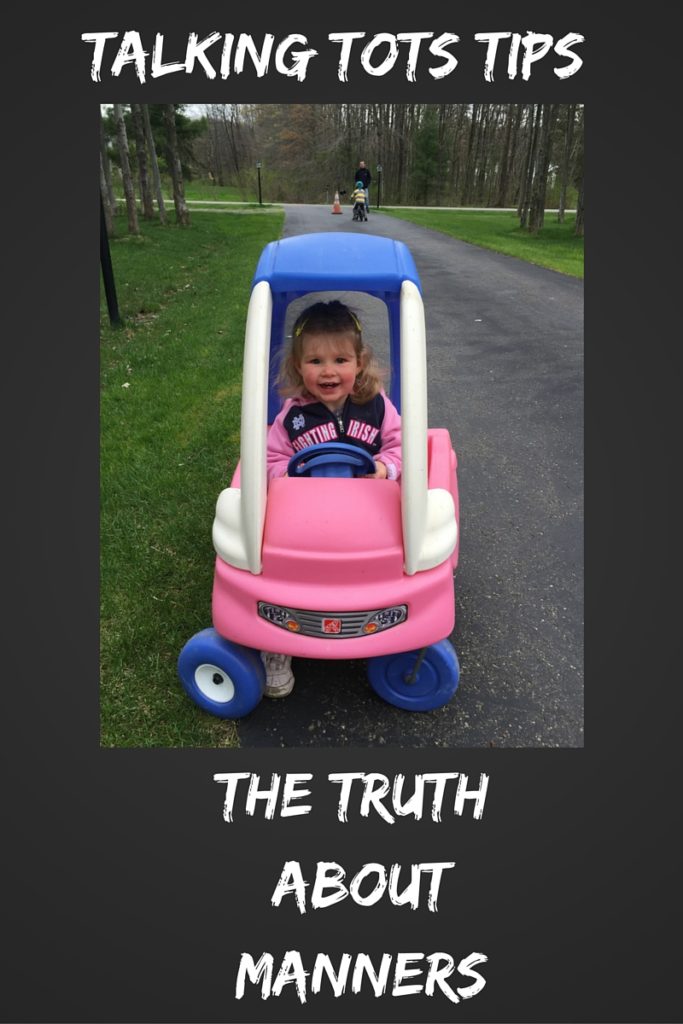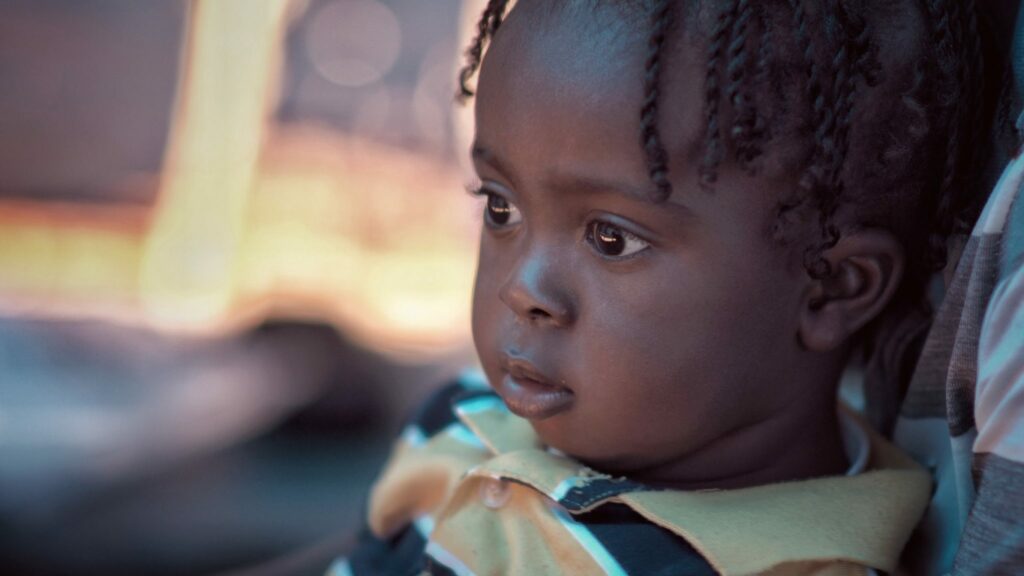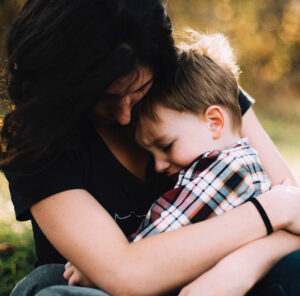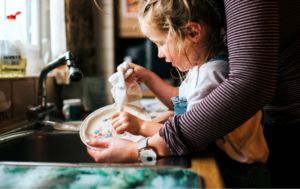I recently took my kids Graham, 4, and Sawyer, 1, to visit a friend that I haven’t seen in a while. She also has one young child who is 2 years old. We were chatting away and Graham walked up and said, “Excuse me, may I have a drink please?” My friend was so impressed said, “What good manners Graham,” she turned to me and raved, “Wow, I really need to work on manners.” After I got over the shock and pride, I looked at her frankly and said, “That took four years of hard work.”

My tip for today is teaching manners at the right time. My friend’s child is two years old. She is young and just only using words to express her wants and needs right now. I reassured her she was doing everything right. I explained to her that I often go into a child’s home and the parent tells me that they are working on teaching their child “please” and “thank you”, but the child can not yet say “eat” or “milk”. These are the functional words that your children should be learning at this young age. After you have built up to 50 functional words then start using “please” and “thank you”. Getting your children to use those functional words will help to decrease tantrums, it will teach them that talking is going to get them what they want and need and it is going to get them what they need, faster. So, hold off on the manners for a bit and as I so candidly told my friend – it takes a long time! That is my tip for today please check out our Talking Tots Class for more tips and strategies!
-Ryan
Questions? Leave a comment below and I will upload a video answer.







